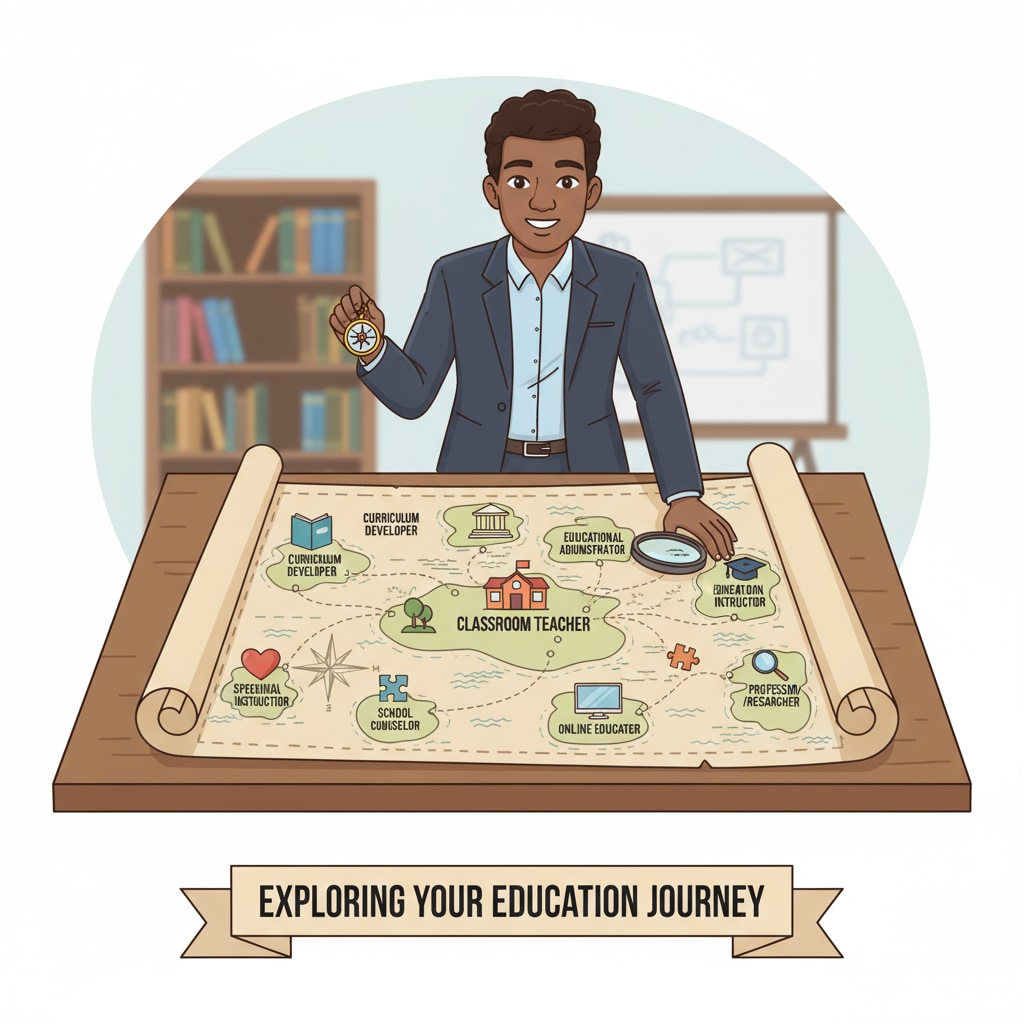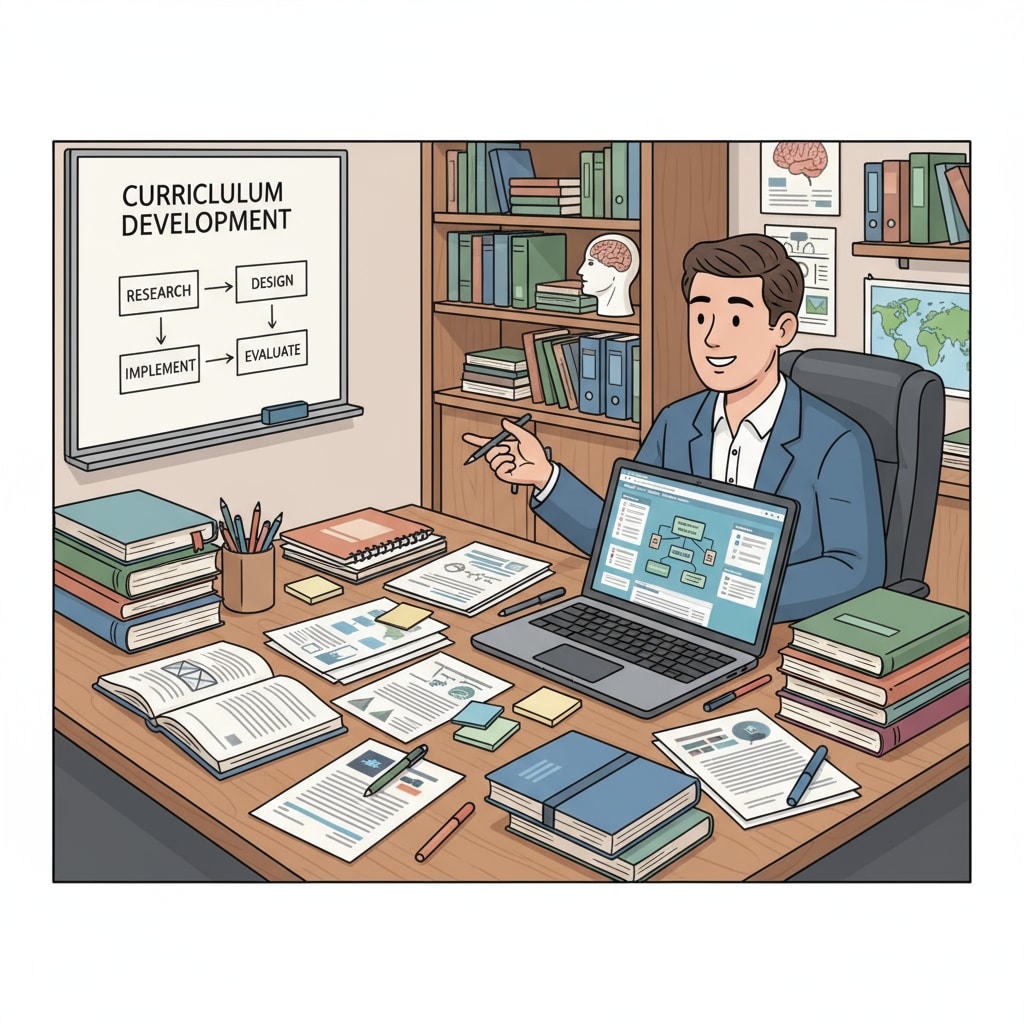For educators with a wealth of teaching experience, the journey of career development often extends beyond the traditional classroom. The education field offers a plethora of non-teaching positions that can leverage one’s skills and knowledge gained over the years. This article delves into the various opportunities and strategies for those with 13 years of teaching experience to make a successful transition into non-teaching roles in the education sector.

Understanding the Non-Teaching Landscape in Education
The education industry is a vast ecosystem with numerous non-teaching roles. These positions span across different areas such as educational administration, curriculum development, educational technology, and educational consulting. For example, in educational administration, professionals are responsible for managing schools, setting policies, and ensuring smooth operations. According to Britannica, educational administration involves the management of resources, personnel, and programs to achieve educational goals. This area requires strong leadership, organizational, and decision-making skills – all of which are often developed during a teaching career.

Transferable Skills from Teaching to Non-Teaching Roles
One of the key advantages of having teaching experience is the array of transferable skills that can be applied to non-teaching positions. Effective communication is a fundamental skill for teachers, and it is equally crucial in roles such as educational consulting or curriculum development. Teachers are also experts in problem-solving, as they constantly deal with various challenges in the classroom. This skill is highly valued in areas like educational technology, where professionals need to find innovative solutions to enhance the learning experience. Additionally, the ability to manage time, organize resources, and work in teams – all honed during teaching – are essential in non-teaching roles within the education field.
Strategies for a Successful Career Transition
Making a transition from teaching to a non-teaching role requires careful planning and preparation. Firstly, it is important to conduct thorough research on the desired non-teaching position. Understand the job requirements, skills needed, and the industry trends. Networking is also a powerful tool. Connect with professionals already working in the non-teaching areas of education through platforms like LinkedIn or industry events. This can provide valuable insights and potential job opportunities. Furthermore, consider upgrading your skills through additional training or certifications. For instance, if you are interested in educational technology, taking courses in digital tools and learning management systems can enhance your competitiveness.
In conclusion, educators with 13 years of teaching experience have a wealth of skills and knowledge that can be effectively utilized in non-teaching positions within the education field. By understanding the non-teaching landscape, leveraging transferable skills, and implementing strategic transition plans, they can embark on a new and fulfilling career journey. The education industry offers a wide range of opportunities for those willing to explore and make the shift. Readability guidance: This article uses short paragraphs and lists to summarize key points. Each H2 section provides a clear focus, and the passive语态 is used minimally. Transition words are scattered throughout to enhance the flow of the article.


